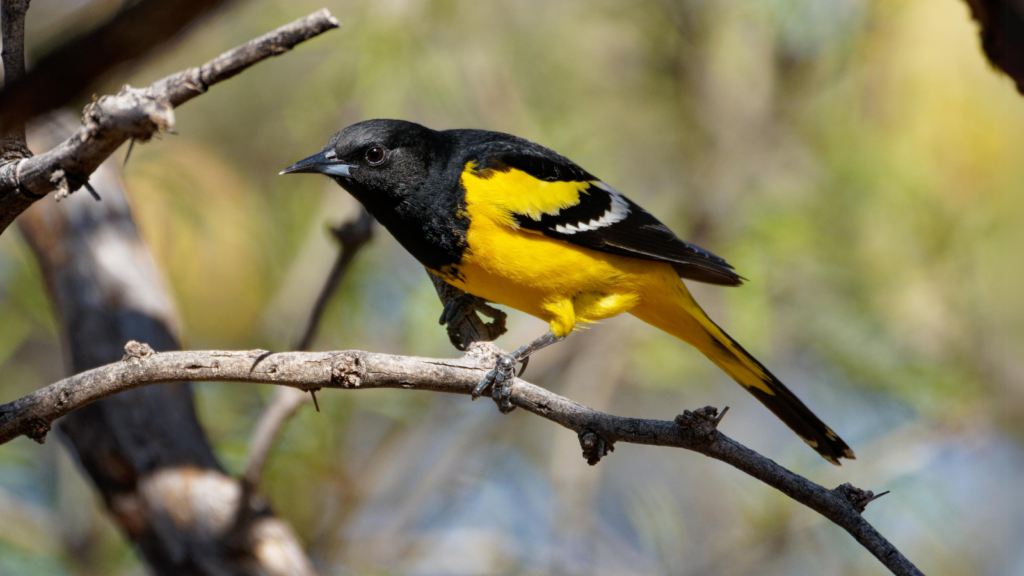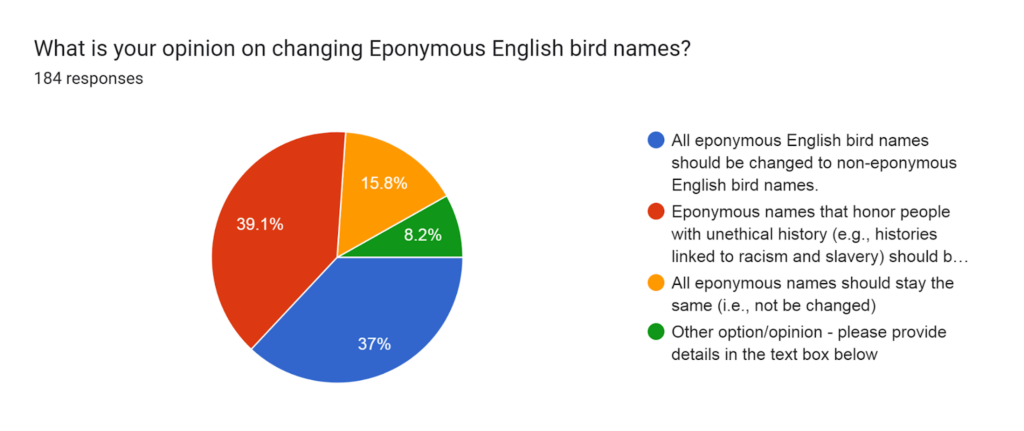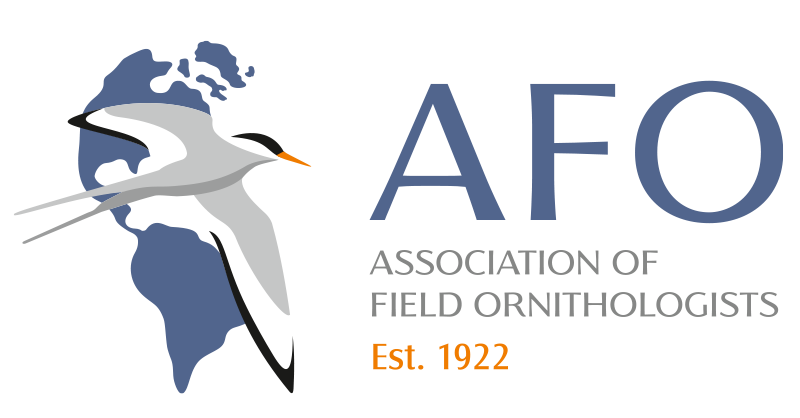Last month AFO leadership sent out an anonymous poll to our members to survey their opinions on the recent decision by the American Ornithological Society (AOS) English Bird Names Committee (EBNC) that all eponymous English bird names in the Western Hemisphere be replaced. Our brief poll was created to provide a formal opportunity for AFO members to provide input on this controversial topic, a step that the EBNC chose not to undertake. The EBNC came to their resolution without surveying its own membership or the broader ornithological community as it was originally charged. The aim of our poll was to help ensure that the processes involved with renaming birds is measured, deliberate, and appropriate, and that the ornithological community has input.
Background on the movement to change eponymous bird names
In 2020, the Bird Names for Birds campaign submitted a letter to the AOS arguing for the removal of all honorific bird names. The North American Classification Committee (NACC) and South American Classification Committee (SACC), both organized through the AOS, have jurisdiction over the English names of all bird species in the Western Hemisphere. On their website, the co-founders of Bird Names for Birds argue that “eponymous bird names are problematic because they perpetuate colonialism and the racism associated with it”. The Bird Names for Birds campaign cited over 150 bird species in North America with eponymous English common bird names, asking for them to be changed.
In July of 2021, the AOS council appointed an ad hoc committee (the EBNC) in response to the letter, which was charged with surveying AOS members and the broader ornithological community on eponymous English bird names. The EBNC was also charged with making recommendations for a process to allow the AOS to make name changes within its purview. However, the EBNC failed to appropriately address its charges, citing difficulty in developing a process, and simply recommended elimination of all 152 eponymous English bird names on the NACC list and 111 names on the SACC list. Without broader discussion, the AOS council voted to approve this recommendation in August 2023. In April 2024, 231 past AOS presidents, officers, award winners, and fellows penned a resolution requesting a “moratorium on changing non-harmful eponymous English bird names”, citing the “minority view of the EBNC report” and failure of the EBNC to meet its charges.

is one of the six species included in the pilot project to determine
new English common names for eponymously-named species.
Results of the AFO eponymous English bird names poll
After discussion with the authors of the moratorium resolution presented to AOS, AFO leadership decided to poll its membership on their opinions regarding changes to eponymous English bird names in hopes to encourage a more open and collaborative process. The authors of the moratorium asked for data to share as part of their effort, and as a prominent, international ornithological society, we felt that the opinions of our membership would provide a valuable contribution to this discussion. AFO members received a link to a brief poll in May 2024 that introduced the issue described herein and, along with several demographic questions, asked “What is your opinion on changing eponymous English bird names?”. This question was multiple choice, offering four possible responses and a place for explanation. The survey quickly accumulated 184 responses, approximately 25% of AFO’s membership, with respondent demographics similar to that of membership1.
More than ¾ of respondents felt that eponymous names should indeed be changed. However, the group was split nearly equally on the approach, with 37% of all respondents selecting to replace all eponymous English bird names with non-eponymous bird names and 39% selecting the option that suggested a case-by-case basis of replacing eponymous English bird names that honor people with unethical histories (e.g., histories linked to racism and slavery). A much smaller group, 16% of all respondents, selected the option to keep all eponymous bird names. The remainder (8%) selected “other option/opinion” and provided an explanation in the open text box provided.

Forty-four respondents provided comments either because they selected “other opinion/option” or simply chose to provide additional feedback. The majority of comments expressed concerns about the process of changing eponymous bird names, either altogether, or on a case-by-case basis. The most frequent concerns were related to the time it would take to accomplish this task, and regarding which individual(s) would decide who is or was historically unethical. Some commenters noted that changing common names could cause confusion and negatively impact databases, in particular those using field codes (which are formed by common names). Several respondents expressed concern that the changing of eponymous English bird names was at best “symbolic” and leaning towards virtue signaling in terms of the effect it would have on diversity, equity, inclusion, and justice in the ornithological community. Finally, regardless of opinion on name changes, several commented that they were upset with the lack of transparency and communication from the AOS on this matter.
Looking forward
The results of our poll will be shared with AOS leadership to provide them with valuable input from our society’s membership. Our poll was by no means designed for AFO itself to take a stand on eponymous English bird names, nor do the results necessarily reflect those of every single member. Rather, the aim of the survey was to elevate the voices of members of the ornithological community and to provide their feedback to the AOS. At AFO, we value the opinions of our members and will continue to honor our pledge to actively seek and include diverse perspectives in our activities and decision making.

Matthew Shumar
AFO President

Rebecka Brasso
AFO Vice President
Header photo: Townsend’s Warbler (Setophaga townsendi), named after the American naturalist, John Kirk Townsend, is one of the six species included in the pilot project to determine new English common names for eponymously-named species. Picture by colloidial via Getty Images | Canva Pro
Footnotes:
- The demographics of the respondents were as follows: 55.4% self-identified as male, 33.7% as female, 2.2% as non-binary, and 8.7% preferred not to say. The self-reported ethnicity of respondents was 85.9% white, 12% preferred not to say, 0.5% Asian, and 1.6% as other or two or more (of the listed ethnicities). Eighty-seven percent of respondents were from the United States, 10.9% from Canada, 1.1% from South America, and 1.1% were from countries not listed.

One thought on “AFO news | AFO Member feedback on the decision from AOS to replace all eponymous bird names”
Comments are closed.